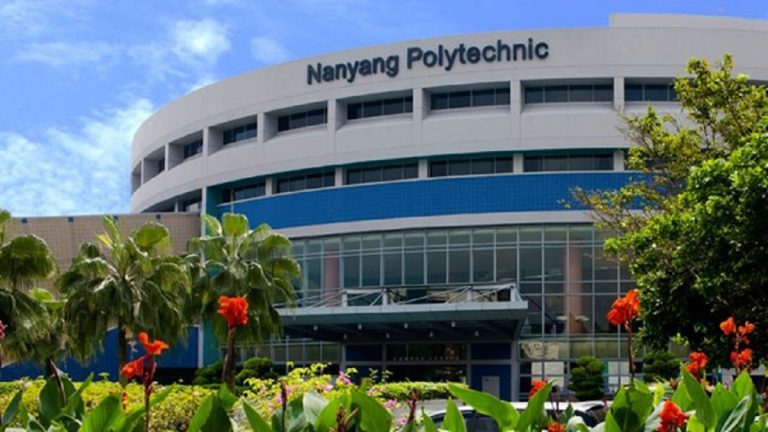
Applicants are invited for a three to four year position in a Research Fellowship as PhD Research Fellow within the subject area of neurodevelopmental disorders and as part of the project “Looking for communication” to be based at The Department of Special Needs Education at The Faculty of Educational Sciences, University of Oslo.
The project “Looking for communication” is about cerebral visual impairment (CVI), communication, and cognition in children with severe speech and motor impairments. The project has two main parts: 1) the development and validation of an assessment package for identifying CVI in children and 2) piloting the assessment package in a multi-disciplinary context.
As for the first aim, the candidate will be expected to first complete a systematic review over possible instruments to be included in the assessment package. This review should follow the COSMIN check list (Consensus for the Selection of health Measurement Instruments). Second, the candidate is expected to participate in translating and norming of instruments that were identified through the systematic review and found relevant for a Norwegian child population. For the third aim, which is to pilot the assessment package in a multi-disciplinary context, the assessment of CVI will be carried out in a geographical sample of children with severe speech and motor disorders, also assessing cognition, language, and social cognition in the group, as well as collecting proxy-report regarding interventions the children are receiving.
The applicants must write a project description in English when applying. The topic of this research proposal should be “Assessment of CVI in children with severe speech and motor impairments”.
The PhD Research Fellow is expected to participate in research groups at ISP. More information about research groups can be found on the faculty’s webpage.
More about the position
The fellowship period is up to 4 years, with 3 years devoted to research education. The four year position entails a compulsory work load of 25% that consists of teaching and supervision duties and research assistance.
The research fellow must take part in the Faculty’s approved PhD program and is expected to complete the project within the set fellowship period. The main purpose of the fellowship is research training leading to the successful completion of a PhD degree.
For more information, please see our web site.
Qualification requirements
Applicants must satisfy the requirements for admission to the Faculty´s PhD programme. This normally includes:
- Applicants must hold a Master’s degree or equivalent in the subject area of vision pedagogy, vision rehabilitation, pedagogy, special education, psychology or language and communication.
- A Master’s degree (120 ECTS) with a minimum grade B (ECTS grading scale) or equivalent. The Master’s degree must include a thesis of at least 30 ECTS, with a minium grade B.
- Fluent oral and written communication skills in English and Norwegian (or another Scandinavian language).
In the assessment of applications, emphasis will be placed on:
- The quality of the project description, the description of the research topic’s relevance to educational issues, the specific problems to be studied, the choice of scientific theory and method, and the proposed implementation plan for the study.
- Familiarity with visual impairments in children, specifically with cerebral visual impairment and assessment of this condition.
- Knowledge about Augmentative and Alternative Communication (AAC).
- Familiarity with the Norwegian services for children with disabilities.
- Experience from assessinng children with special needs using a Scandinavian language.
- The applicant’s experience, personal suitability and motivation for the post, including her/his ability to collaborate and to form part of a cross-disciplinary academic community.
We offer
- Salary NOK 501 200 – 544 400 per annum depending on qualifications in a position as PhD Research fellow, (position code 1017)
- Attractive welfare benefits and a generous pension agreement, in addition to Oslo’s family-friendly environment with its rich opportunities for culture and outdoor activities
How to apply
The application must include
- Cover letter statement of motivation and research interests
- A project description, including progress plan (8-10 pages). Please see our guidelines
- CV (summarizing education, positions and academic work)
- Copies of educational certificates (academic transcripts only)
- Documentation of english proficiency (for information on required documentation, see information on this webpage)
- Master thesis
- A complete list of publications and academic works
- List of reference persons: 2-3 references (name, relation to candidate, e-mail and phone number)
Incomplete applications will not be assessed.
The application with attachments must be delivered in our electronic recruiting system, please follow the link “apply for this job”. Foreign applicants are advised to attach an explanation of their University’s grading system. Please note that all documents should be in English (or a Scandinavian language).
When evaluating the application, emphasis will be given to the project description and the applicant’s academic and personal prerequisites to carry out the project.
Applicants may be called in for an interview.
Formal regulations
Please see the guidelines and regulations for appointments to Research Fellowships at the University of Oslo.
No one can be appointed for more than one PhD Research Fellowship period at the University of Oslo.
According to the Norwegian Freedom of Information Act (Offentleglova) information about the applicant may be included in the public applicant list, also in cases where the applicant has requested non-disclosure.
The appointment may be shortened/given a more limited scope within the framework of the applicable guidelines on account of any previous employment in academic positions.
The University of Oslo has an agreement for all employees, aiming to secure rights to research results etc.
Inclusion and diversity are a strength. The University of Oslo has a personnel policy objective of achieving a balanced gender composition. Furthermore, we want employees with diverse professional expertise, life experience and perspectives.
If there are qualified applicants with disabilities, employment gaps or immigrant background, we will invite at least one applicant from each of these categories to an interview.
Contact information
Professor, Head of Department, Ona Bø Wie
Associate Professor, Kristine Stadskleiv
About the University of Oslo
The University of Oslo is Norway’s oldest and highest ranked educational and research institution, with 28 000 students and 7000 employees. With its broad range of academic disciplines and internationally recognised research communities, UiO is an important contributor to society.
The Department of Special Needs Education is one of the three departments at The Faculty of Educational Science, University of Oslo. The department focuses on basic and applied research and education of bachelor-, master- and doctoral level candidates within the field of special needs education in Norway, including the areas of speech and language pathology.
The department employs over 50 scientific staff in addition to about 20 administrative employees. The department has approximately 800 students distributed between bachelor- and master’s degree studies in Special Needs Education as well as PhD-studies.



